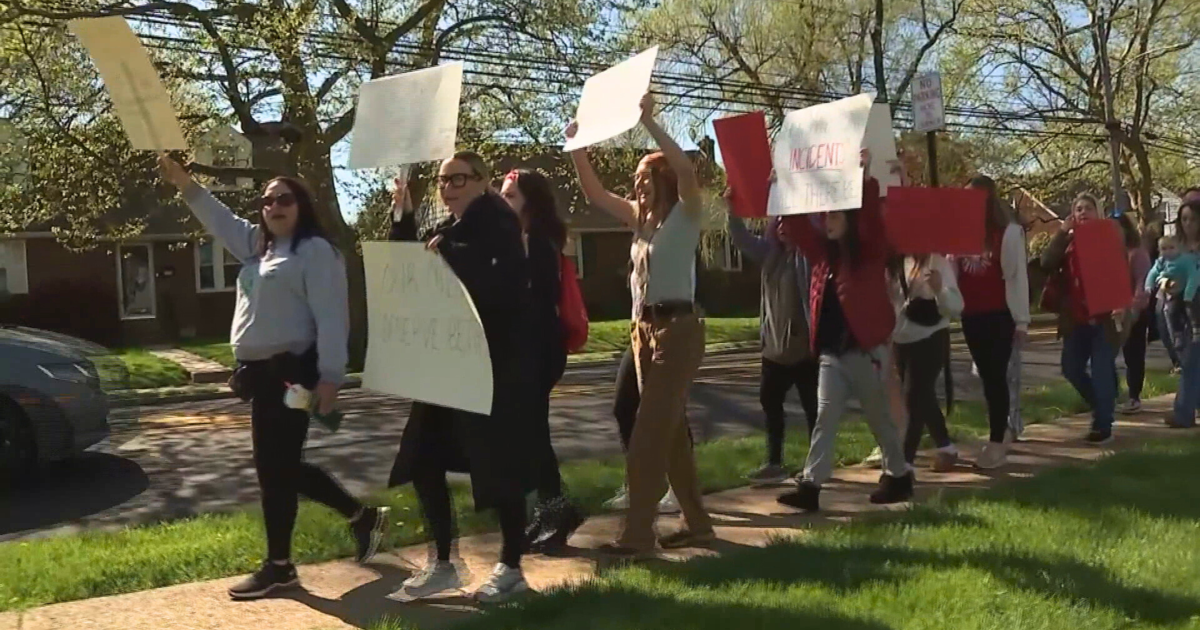Blazing Meteor (Really!) Gives East Coast An Early Taste of End-of-Year Fireworks
By Tim Jimenez
PHILADELPHIA (CBS) -- The universe got a head start on New Year's Eve fireworks earlier this week, with a fireball lighting up the night sky along the East Coast.
The American Meteor Society (AMS), which is compiling reported sightings of the cosmic event on its web site, had received more than 1,100 reports as of this afternoon.
The streak of fire was seen at about 6:30pm Monday night, from Maine to Maryland. Some of the observations came from around the Delaware Valley.
Jennifer, from Pine Hill, NJ, described what she saw as a "brightly colored sparkler passing through the sky."
Tom, from Philadelphia, said he was on his motorcycle at the time. "Object was a bright green and appeared similar to fireworks but was clearly not fireworks. Trajectory appeared downwards towards ground," he wrote.
Diane, from Frazer (Chester County), Pa., said simply, "It was awesome!"
John Bochanski, an assistant professor of physics at Rider University, offered his scientific take:
"Whatever's entering the Earth's atmosphere, be it from a comet or from a small asteroid, it enters the earth's atmosphere at something like 70,000 miles per hour," he said. "Likely this was the size of the Liberty Bell. When it entered the earth's atmosphere it was just blown apart."
Bochanski compares such an event to firing a gun into a swimming pool.
"The bullet only travels a few feet before it stops in the water. The same thing is happening in the Earth's atmosphere," he explains. "The fireball immediately feels the friction from the Earth's atmosphere and it slows down from about 70,000 miles per hour down to something like 200 to 300 miles an hour within a few minutes."
Bochanski said fireballs happen on a regular basis but most are not seen.
"They explode over uninhabited parts of the Earth or over the ocean," he said. "But the northeastern part of the US is highly populated and, fortunately, a lot of folks were able to see this thing."
The AMS is still asking anyone who may have seen the fireball to report it on their web site.
"This is a great example of the synergy between scientists and the general public," Bochanski said.



